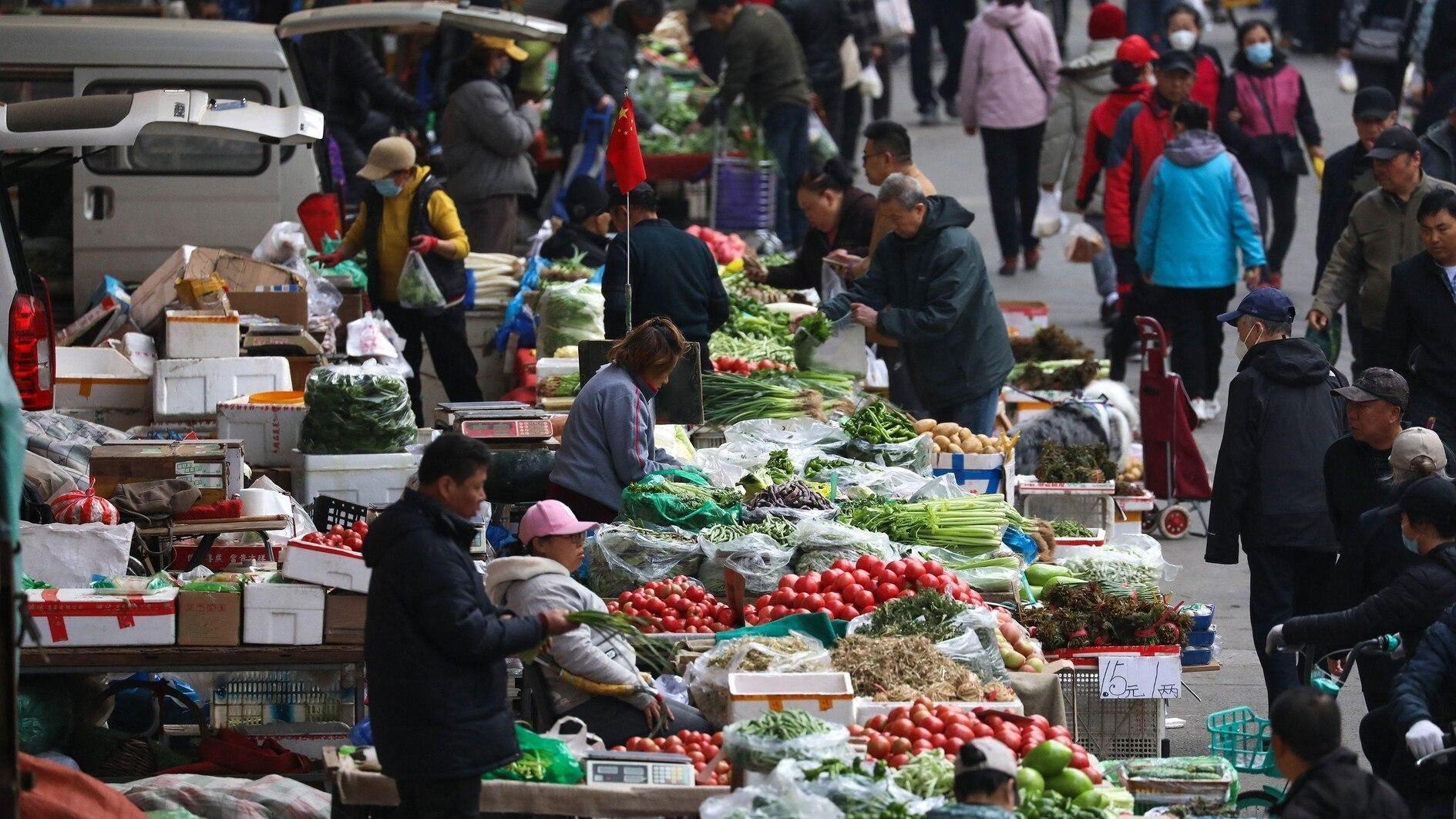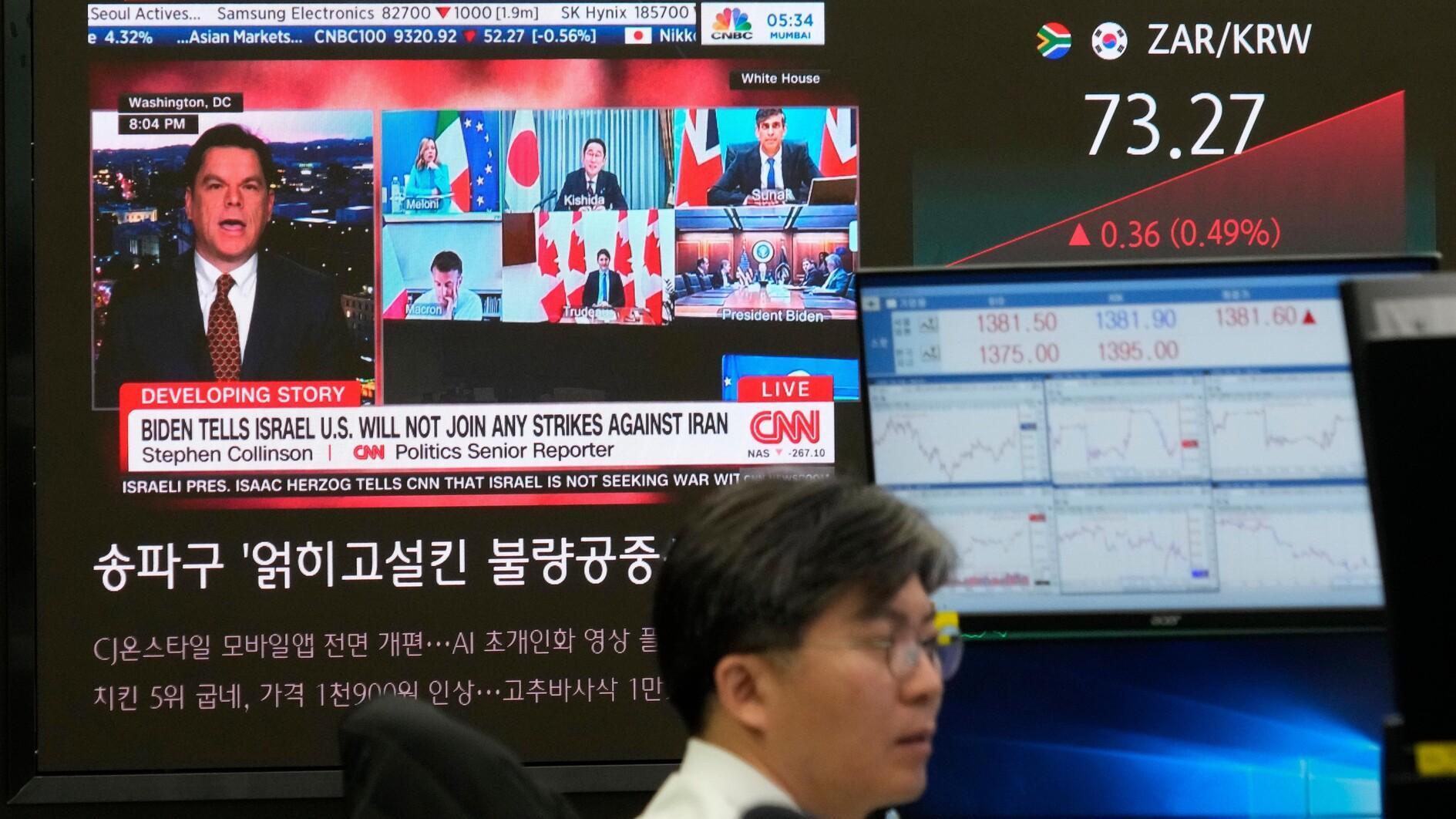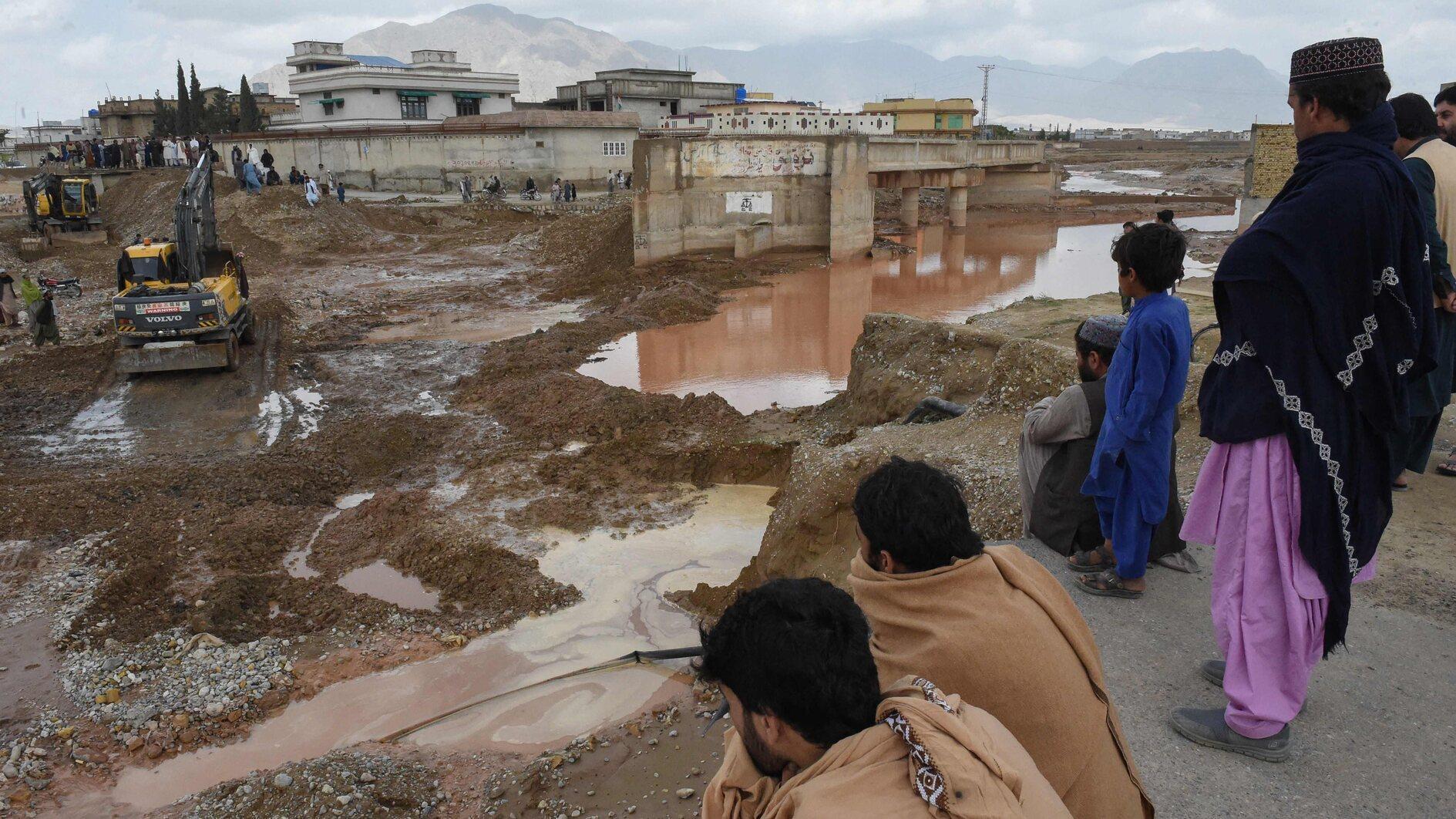As Russia hosts talks for the future of Syria…
The “National Dialogue” talks for the future of civil war-hit Syria, scheduled for Jan. 29-30, are currently being held in Russia’s Black Sea resort of Sochi.
Nearly 1,600 names representing different groups in Syria are taking part in the conference. According to a draft communique leaked to the media by Russian sources, the “New Syria” is foreseen as a “secular, democratic country in which all groups, except those involved in terrorism, are represented.”
But there is no consensus yet among the three sponsors of the meetings - Russia, Turkey and Iran - on the definition of “terrorist groups.” Russia considers as terrorists all groups named in United Nations resolutions: Al-Qaeda-affiliated groups and the Islamic State of Iraq and the Levant (ISIL). In addition to those, Turkey considers the People’s Protection Units (YPG), the U.S.’s partner against ISIL, a terrorist group. The YPG is the Syrian extension of the outlawed Kurdistan Workers’ Party (PKK), which has carried out an armed campaign against Turkey for over three decades.
Thanks to Turkish diplomatic persistence and the recently started “Operation Olive Branch” against the YPG/PKK stronghold of Afrin, in northwest Syria near the Turkish border, the YPG and its political wing the Democratic Union Party (PYD) have not been invited to the Sochi talks. Meanwhile, some of the Kurdish groups who had been invited to Sochi without any Turkish objection said they would not join the meeting in protest at the Turkish military campaign.
The operation against the YPG stronghold in Syria would not be possible without Russian consent. Turkish planes could not use Syrian air space and Turkish troops could be targeted by the Syrian military if not for Russian influence. Syrian President Bashar al-Assad also knows that he owes his chair and perhaps his life to the support of Russian President Vladimir Putin.
Turkish Foreign Minister Mevlüt Çavuşoğlu has said that before the military operation in Afrin, contact was maintained with Damascus via Moscow. Prime Minister Binali Yıldırım also recently said it would be impossible to ignore the al-Assad regime in the solution-seeking process. So far President Recep Tayyip Erdoğan has firmly advocated excluding al-Assad and his regime from any interim process, but now there is an understanding that Ankara could accept a transition period in which al-Assad does not have a leading role in the “New Syria.”
The Sochi talks are important. The U.N., the EU and the U.S. are all observing the talks and will likely use them as a threshold for the Geneva talks, which all parties agree will provide the real ground for a political solution.
In the fluid politics of the Middle East partners and alliances can change in the blink of an eye. No one can guarantee that the current positions of state and non-state actors will remain in place until the Geneva talks kick off. Nevertheless, the Sochi conference could provide a good general idea about what will happen next in Syria.











